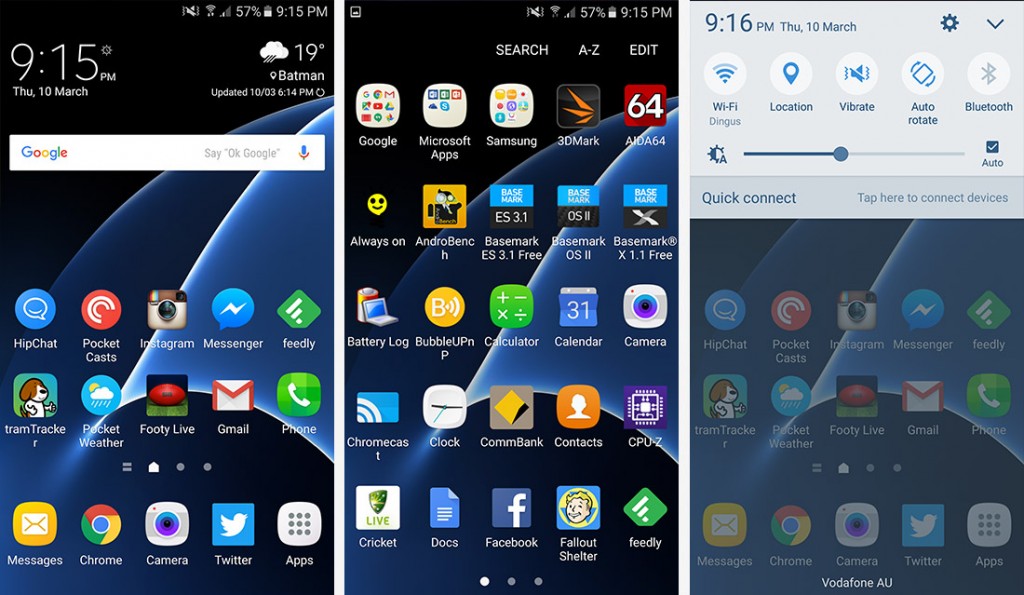Over the last decade we’ve seen mobile web browsing overtake desktop, and this margin is only set to increase. As a result, the majority of us have access to all the information – all the time. And this has led to a rise in people using their smartphone to trade, with forex trading leading the way thanks to platforms such as the MetaTrader4 making it easier than ever to get into trading, monitor markets, and make trades.
But with convenience comes complications – especially if people become addicted to the fluctuating nature of the foreign markets. Like everything, trading on a smartphone has its fair share of pros and cons.
The pros of mobile trading apps
Cost-efficiency – Mobile trading apps are just like traditional brokers – but without the cost!
Instant access to the markets – Smartphone apps make it easy for investors to access the stock and foreign exchange markets at a moment’s notice, even while on the go. And setting up an account can be done in minutes, instead of having to spend time finding a broker.
A range of educational materials – Unlike most traditional brokers out there, mobile apps normally give customers the chance to hone their trading skills and knowledge. There are no shortage of educational materials you can use for this purpose, including daily market reviews, free courses, webinars, news, analysis, video tutorials, and podcasts. Novices are able to discover successful investors and copy their trades. Many apps now have filters to help users sift out the people whose trading styles and investing needs are similar.
Small initial investments – The biggest benefit of trading via mobile apps is that you can start with a small investment of just a few dollars. There are different account types to cater to the needs of large- and small-scale investors alike and you can buy parts of a given company’s stock, for instance.
Free demo accounts – Additionally, people who are new to trading can build up some experience by setting up free demo accounts. These allow users to trade with demo credits that closely mimic the experience of making real-money investments. This helps with confidence and understanding before trading live.
The cons of mobile trading apps
Traders are on their own – While mobile trading means placing orders is quick and simple, it also means there’s no one to advise traders about investing in potentially risky markets. There is no one there to discourage inexperienced investors from trading with volatile instruments like options.
Can lead to massive debts – Like a lot of mobile apps, trading on a smartphone can feel ‘like playing’, and traders can fail to adequately evaluate their level of risk exposure, simply because they are clueless about how trading with leverage derivatives works. While it is true the experience level of each new customer is evaluated with brief questionnaires, some rookies still manage to gain approval for using leverage. Without timely advice to stop them, such people stand a decent chance of parting with their money.

